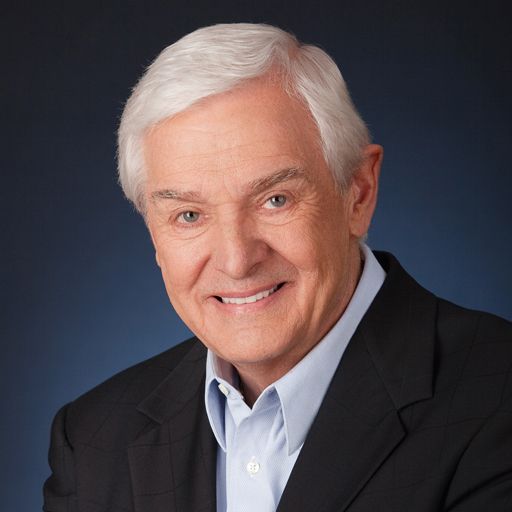The United Kingdom’s Queen Elizabeth II’s long reign was fictionalized in an original Netflix television series, The Crown. Episodes portray the love story between Princess Elizabeth and Philip Mountbatten. When Elizabeth was crowned in 1953, she became not only Philip’s wife, but also his Monarch. In the drama, Philip chaffed at being told he had to kneel in public submission to his wife. “I will not kneel before my wife,” he told her, to which she replied, “A strong man would be able to kneel.” At Elizabeth’s coronation in the television drama, Prince Philip did kneel, glowering with resentment. Though historians doubt Philip was as upset as the show suggests, the scenes remind us of the importance of the customs and decorum that surround the throne.
Bowing has been a symbol of submission since the days of Abraham, who bowed to the ground when the Lord appeared at his tent in Genesis 18. In Esther 3:5, Haman was enraged that Mordecai did not bow down to him.
Bowing was only part of the protocol of ancient royalty. In Esther’s day, the etiquette of approaching the throne was so strict the slightest mistake could result in death to the petitioner. When Esther had to approach King Ahasuerus on behalf of her people, she told Mordecai, “Any man or woman who goes into the inner court to the king, who has not been called, he has but one law: put all to death, except the one to whom the king holds out the golden scepter” (Esther 4:11). Esther risked her life approaching the throne. She stood at the entrance of the throne room. The king saw her and, thankfully, held out the golden scepter in his hand.
For those who don’t live in a monarchy, it’s hard to imagine the drama, pomp, dignity, and even danger of entering the throne room of a mighty king. Yet that’s what we do whenever we pray. Yes, prayer is talking to God as naturally as we would a friend (Exodus 33:11). It’s being alone with God (Matthew 6:6). It’s like a child talking with a father (Galatians 4:6). But, as Charles Spurgeon said, “Our Father is still to be regarded as a King, and in prayer we come, not only to our Father’s feet, but we come also to the throne of the Great Monarch of the universe…Prayer should always be regarded by us as an entrance into the courts of the royalty of heaven.”
Before you next bow your head in prayer, think of what the Bible says about the actual throne of God in Isaiah’s vision: “I saw the Lord sitting on a throne, high and lifted up, and the train of His robe filled the temple. Above it stood seraphim; each one had six wings: with two he covered his face, with two he covered his feet, and with two he flew.” (Isaiah 6:1-2).
Appearing Before the Throne
That is the throne we approach in prayer. Like Queen Esther, there are two aspects of coming to such a throne—appearing at the entrance to see if we’ll be admitted and approaching the throne when permission is granted. These two aspects represent mercy and grace. Jesus died and rose again, opening the doors for us, paving the way for us, and giving us “access by faith into this grace in which we stand” (Romans 5:2).
Approaching the Throne
That brings us to the other aspect of prayer. We appear before the throne by mercy, but we approach it by grace and obtain help in our times of need. We have a King who can work out our problems, bear our burdens, guide us, lessen our worries, and work all things for our good. That’s the grace of God.
Because of Christ, we can humbly appear before God’s throne, boldly approach Him, and find our position secure. God is our Father, Friend, King of kings and Lord of lords, and by His loving invitation we appear before Him by mercy and approach Him by grace. Our King has authority to help us, radiating the love that makes Him want to do so. What a privilege! Prayer is a royal enterprise, and we are positioned on mercy and grace. We can say with the hymnist John Newton:
Thou are coming to a King,
Large petitions with thee bring;
For His grace and pow’r are such
None can ever ask too much.
David Jeremiah is the senior pastor of Shadow Mountain Community Church and the founder and host of Turning Point for God. For more information about Dr. Jeremiah or Turning Point, visit www.DavidJeremiah.org.








